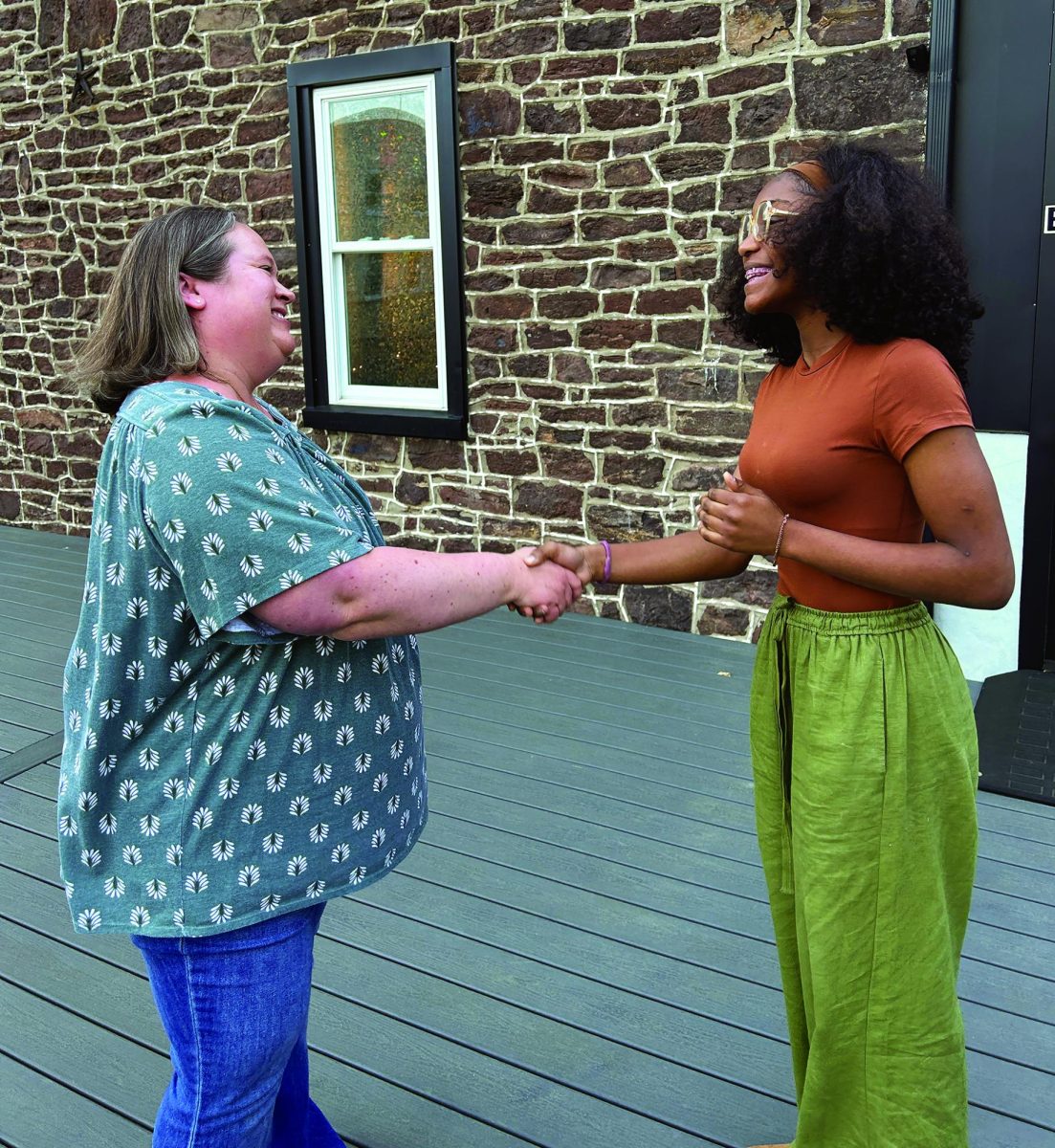As claims of the climate crisis are being heard far and wide in the media each day, we hear the importance of how earth is crumbling on our watch. Yet, as humans, we hesitate to make the necessary changes.
Through carbon emissions, greenhouse gasses, deforestation and human activity, our impacts have harmed the planet to an irreversible extent.
Psychological inertia is a concept that humans are prone to be plagued with in this situation. It is a concept that change is not made due to indolence.
As individuals and as big corporations, we have inertia toward the climate crisis. Many people ask what can be done to be more sustainable, and the truth is that even small acts have power to fight inertia.
Many people want to help, but don’t know where to start. Aside from this, it is important to recognize that ignoring the issue is part of the problem. While many admirable people spend their lives helping the environment, the majority of us don’t seem to care as much as we should.
Instead of giving into the temptations of retail therapy through fast fashion and high end clothing brands, go thrifting.
Thrifting is a much more sustainable way of shopping for clothing and other items. Many thrift stores in your area can accommodate you with sustainable, trendy and cheap clothing.
Psychological inertia often gets us when all we want to do is relax. Before plopping on the couch after a long day, it is important to be aware of your actions and inactions, as they could essentially destroy our planet.
People often forget about tiny details that could save enormous amounts of energy. Make sure to unplug appliances after using them. Turn off lights when they aren’t necessary. Use cold water when doing laundry.
According to Saveonenergy.com, “Turning off the lights at night or washing clothes in cold water can save trees, coal, natural gas and more.”
On a larger scale, big businesses and millionaires thrive off of their inertia. Wealthy business owners can be doing so much more including donating more of their profits toward the environment.
Even Bill Gates in his interview with 60 Minutes on February 15 admitted that he can contribute more toward saving the environment, considering how much he negatively impacts it.
“I probably have one of the highest greenhouse gas footprints of anyone on the planet,” Gates said to journalist Anderson Cooper. However, Gates has invested in carbon offsets and other programs to reduce his footprint.
Inertia toward sustainability can stem from making tiny choices that cause enormous harm. The practice of reusing everyday items is crucial.
Reusable water bottles have the power to limit waste, which has proven to be a substantial issue. Instead of buying packages of plastic bottles in bulk, consider investing in a large reusable bottle.
People may consider the fact that there are other individuals that are working hard for a sustainable life, so they don’t need to contribute. This is dangerously false.
Many individuals are unaware of how impactful their everyday routines and possessions are on the environment. According to bebottle.com, “A reusable water bottle takes less oil to produce, replaces all the plastics that you would have used and thereby reduces both your carbon footprint and helps reduce the plastic burden on landfills, oceans, streams and other places that plastic waste ends up.”
Again, when going shopping, it’s easy to forget personal reusable bags for groceries. Keeping a few in your vehicle will take that inertia down.
In addition to using these bags when shopping, recognising the value in shopping local is necessary for sustainable living. Shopping from local businesses is a great way to support the community and keep a sustainable record.
It also reigns true that the meat industry has an impact on the environment. While it can be hard for some to cut down on meat consumption, there are solutions that can combat the laziness of shifting our diets, otherwise known as inertia. Broad solutions are to slowly cut back on purchasing and consuming meat.
Inertia affects each and every one of us, including me. There is a large amount of awareness about the human footprint on earth, but there is not enough awareness on how individuals can help in small amounts.
Sustainability is a practice that can only grow over time. Carpool with friends instead of driving separately. Donate clothing, and thrift clothing. Invest in a composter, a snazzy water bottle and reusable shopping bags.
A guide on conquering inertia toward the climate crisis
With the ever changing environment, it is crucial to work toward sustainable habits. While the climate crisis continues, the majority of people are doing the bare minimum. There are countless ways to live a slightly more sustainable life that won’t reduce your own energy.
0
More to Discover
About the Contributor

Sophie Rodrique, Co Editor In Chief






